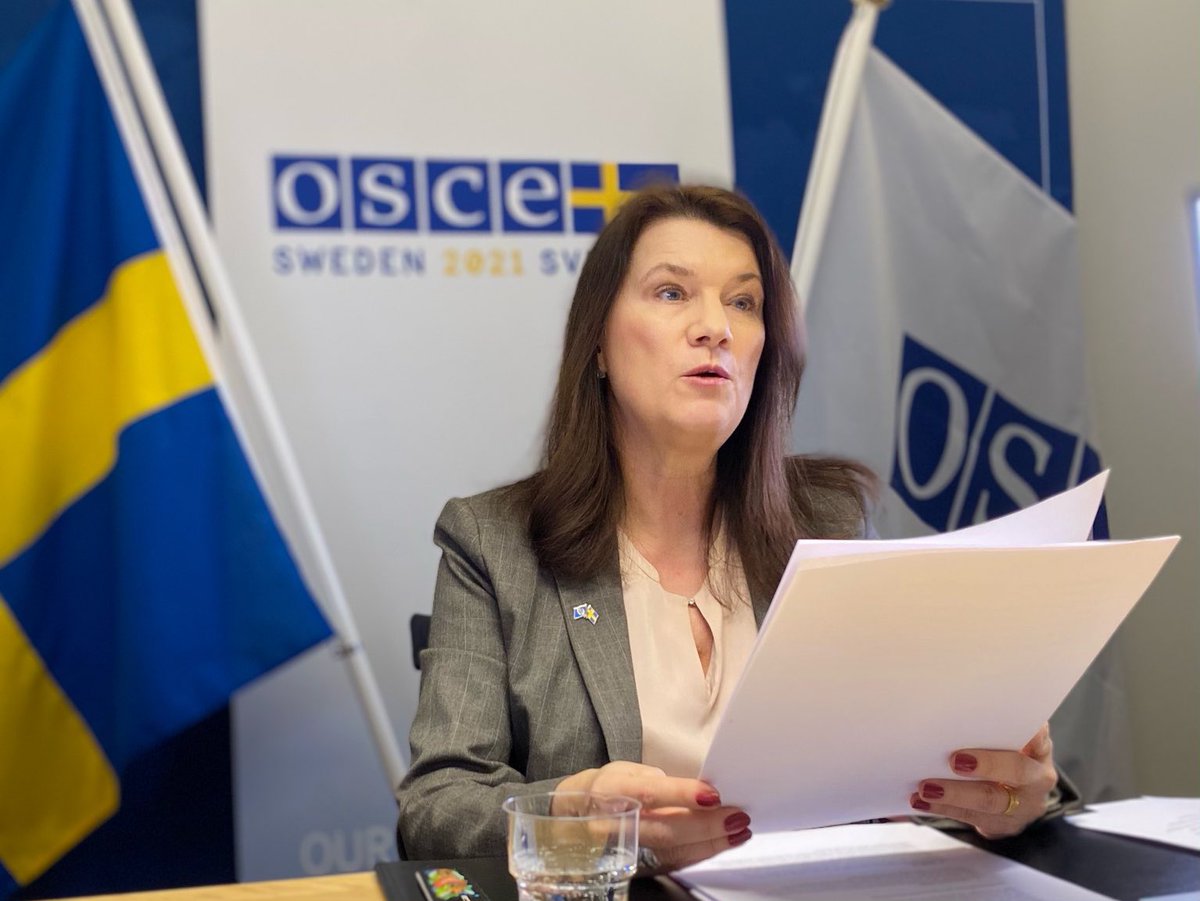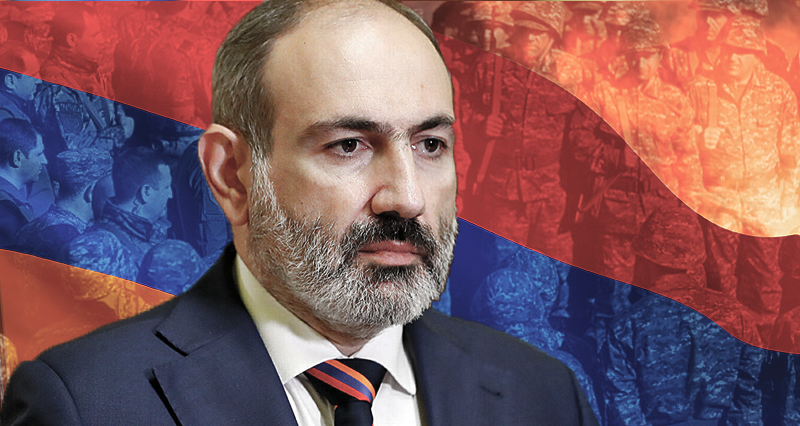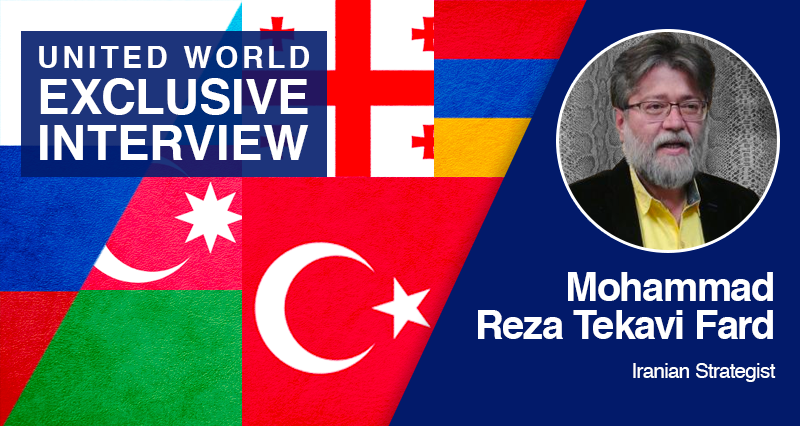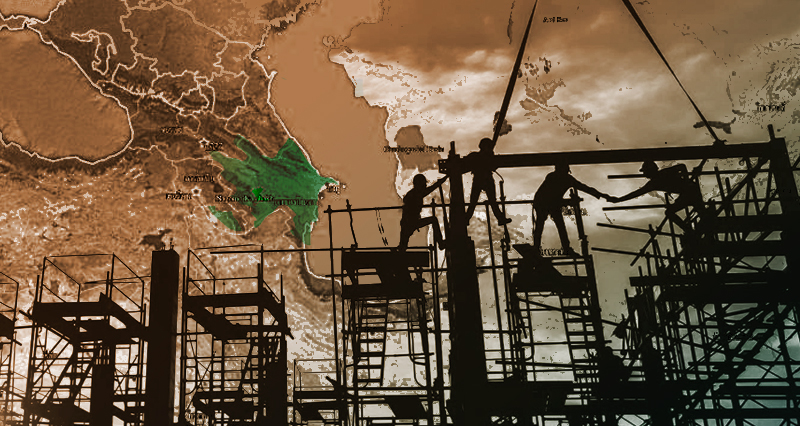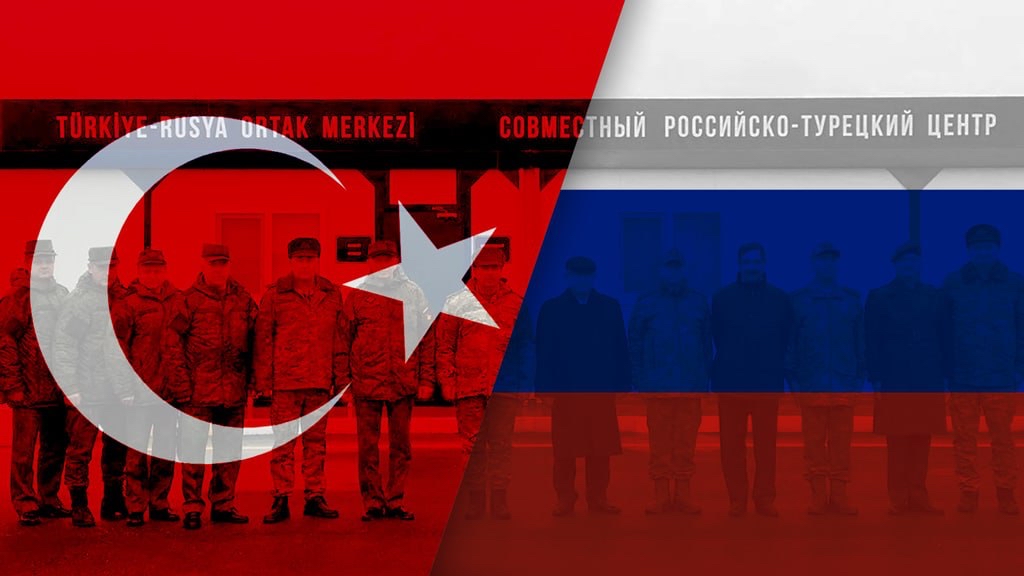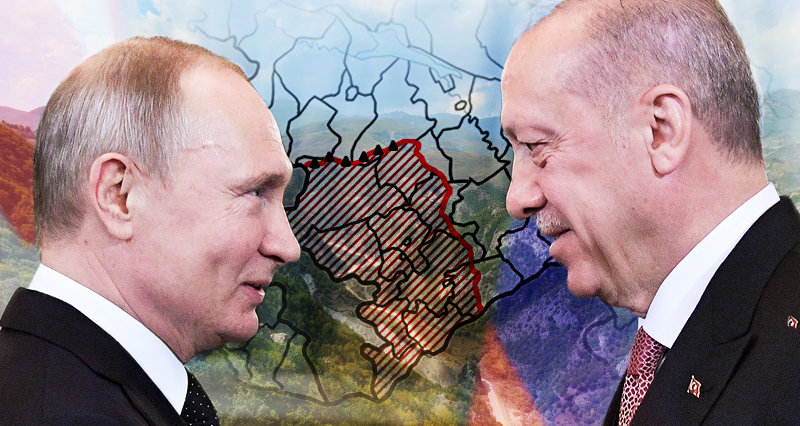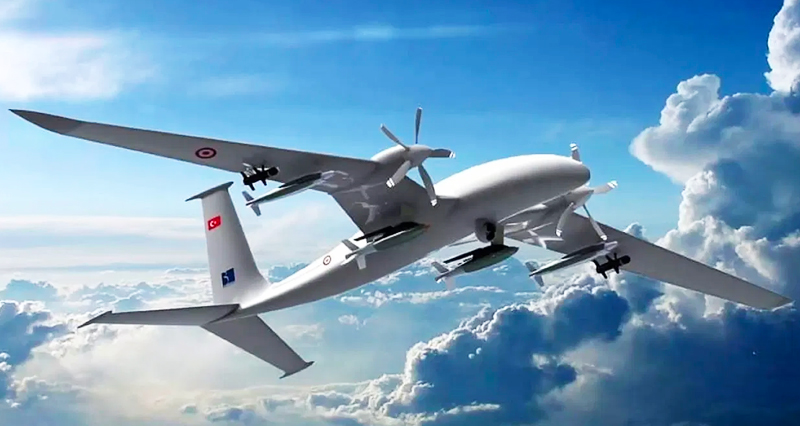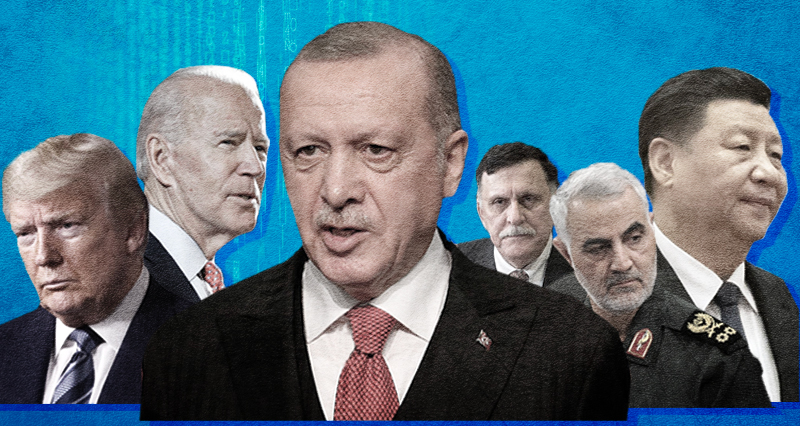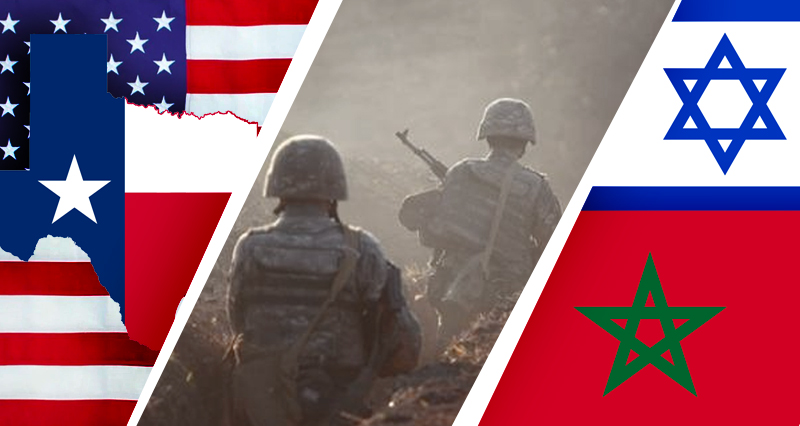U.S. President Joe Biden has ‘recognized’ the so-called “Armenian genocide”. But is this really an innocent move solely aimed at “commemorating” the saddening 1915 events, as Secretary Anthony Blinken asserted, or a well-thought-out plan with real geo-strategic considerations? The U.S. official statement’s content indicates that we’re facing the latter. Two main “ideas” are emerging from the statement: Obstructing Turkey’s rightful ...
The geopolitical situation in the world was expected to change after the presidential elections in the United States in November of last year. The victory of the Democratic Party, distinguished by its interventionist foreign policy, and Joe Biden’s entering the White House led to radical changes in Washington’s foreign policy. From the moment he officially took office as the President ...
The 44-day war in the South Caucasus last year is still hotly debated, and it seems that it will on the agenda for many years to come. This is due to the fact that, along with restoring the historical and legal justice, this war also created new realities in the region. The Azerbaijani side won the 44-day war and the ...
The events in the South Caucasus and the recent coup attempt in Armenia cannot be understood in the framework of the past. The process is advancing very fast, and conditions and sides are changing very fast too. A new point of view and new tactics sometimes become necessary from one day to the other. We have examined the developments in ...
How were the US presidential elections results evaluated in Tehran? How will Washington-Tehran relations develop during the Biden administration? What will the six-country platform bring for the region? The Iranian strategist Mohammad Reza Tekavi Fard answered our questions. Fard has said that regional co-operation has achieved tangible success on issues such as the Barzani’s independence referendum and in Astana, adding: ...
The end of the 44-day war in the South Caucasus last fall was expected, because the status quo, frozen since 1994, was not desirable not only for Azerbaijan, but also for countries with a significant share in the world economy. The fact that Azerbaijan and Armenia, located in an important geopolitical and economic geography, have been at war for many ...
The Turkish-Russian Joint Monitoring Center, established within the scope of monitoring the ceasefire in Nagorno-Karabakh, began work on January 30. End of the Minsk Group era The establishment of the Monitoring Center points to the beginning of a new era in the South Caucasus and the Karabakh issue. This period puts an end to the Minsk Group process, which had ...
The 30-year-old Nagorno-Karabakh conflict had caused no effect on the rest of the world for the past three decades. During this period there have been many wars and conflicts in the world, millions of people have lost their lives, tens of millions of people became refugees and IDPs, and migration patterns have changed drastically. However, the geopolitical traditions and practices ...
The most notable weapons during the Karabakh war were Turkish and Israeli-made drones. The conflict demonstrated their effectiveness in modern warfare and convinced many to reconsider their approach to air defense. The next round of the Karabakh conflict came at a time when unmanned aerial vehicles were developing particularly rapidly and drones were demonstrating impressive successes. As The Financial Times ...
2020 has been a year that will be remembered for decades, even centuries. There might not be another year in which the worries and hopes of all the nations were so common. Billions of people’s lives have changed, people asked the same questions and had the same expectations at the same time around all seven seas. We have gathered some ...
Major global trends: COVID-19 The new coronavirus pandemic was the biggest problem for all humankind in 2020. What began as just another virus has become a pandemic on a scale comparable to the deadly Spanish flu a century ago. According to the WHO, 72.4 million people have been infected with the coronavirus. Coronavirus has become a major challenge to public ...
The US Supreme Court and Texas Texans are protesting the outcome of the US election at the highest level. Although the mainstream media has recognized Democrat Joe Biden’s victory in the November 3 presidential election, several states have not agreed to accept the results. For example, a Republican state legislator in Texas has promised to introduce a bill in the ...








